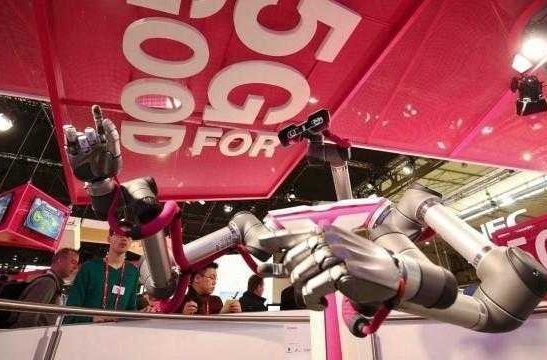Philip Hammond says he wants the UK to become a “world leader” in 5G, the next-generation mobile technology that proponents say is the key to an internet-connected world of driverless cars, smart home appliances, delivery drones and lightning-fast video on the go.
The government, which has published a 70-page tome on its future 5G strategy, said in the budget it would invest up to £16m to run trials and support the technology’s development, to make sure the UK is at the crest of the “next wave of mobile technology services”.
However, 5G, which is set to be rolled out in the UK next decade, also has its critics. They argue consumers don’t need the superfast speeds the upgrade from current 4G technology promises, and many in the industry believe that logistical issues mean that 5G may not be properly rolled out in the UK for decades. In the meantime, there are still basic infrastructure issues – including rural areas with little or no broadband coverage at all – that need sorting out.
Last month, the telecoms and media regulator Ofcom published an update on 5G which highlighted a plethora of supposed benefits the technology will provide. The list includes superfast speeds for mobile broadband – downloading a high-definition movie will take just 1 second compared with almost 10 minutes using the older 3G network and up to a minute on 4G.
The mass connectivity it allows will also help expand the so-called internet of things (IoT), in which everyday appliances and devices wirelessly connect to the internet and each other. “IoT technology is being used in everything from smart homes to wearables,” says Ofcom. “5G should help the evolution of IoT. Possible future applications could include real-time health monitoring of patients, street lighting to suit the weather or traffic, environmental monitoring and smart agriculture.”

